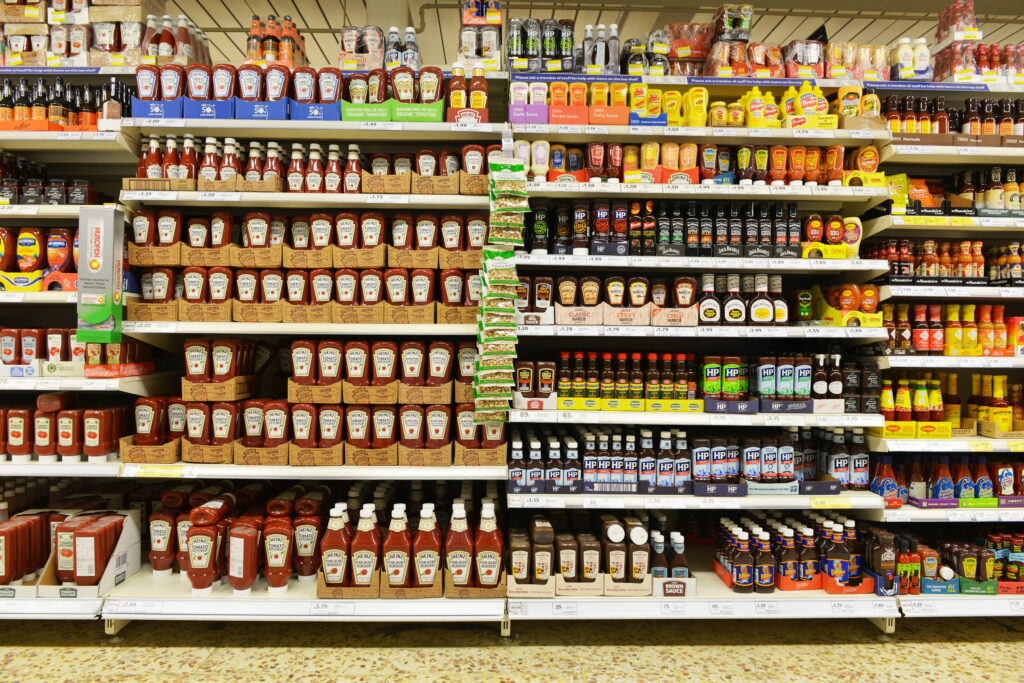Many readers of letsrecycle.com will clearly recognise the name Wastepack as the UK's second largest packaging waste compliance scheme, which rose to prominence during the months of 2002 as the impact of its controversial 2001 compliance plan came to light.
It was a difficult period for Wastepack, when various figures – from environment minister Michael Meacher down – reacted strongly to the company's decision not to comply with its 2001 obligation solely through the packaging waste recovery note (PRN) route.
The situation did not make the compliance scheme particularly popular among its peers, and though Wastepack is keen on bringing the whole torrid affair to an end, there is still the small matter of a Scottish Executive investigation to contend with, which is expected to end soon. And before full closure is reached, there is also the £2.3 million from the 2001 compliance plan that the scheme has to distribute to unconnected recycling programmes.
When Mr Ashworth came into the job in November 2001, on the back of 20 years' experience in management, from support services to airline catering, it must have seemed like being pitched in at the deep end. However, the 2001 affair was – he insists – almost over when he took charge of Wastepack.
“It was finished before I arrived,” he says, “it's not been particularly difficult.” But it is clearly a very awkward subject for him to talk about, and it doesn't help that the Scottish Executive investigation is not yet complete.
As the company has been saying for weeks, Wastepack is still in discussions concerning the money that needs to be distributed, looking for the right place for those funds to go to.
“We've identified the sum of money and we're in the process of talking to people. Those discussions are ongoing.” The chief executive sticks firmly to the official line, revealing little, and it's clear there are plenty other things he'd prefer to talk about. “I'd rather focus on the future rather than the past, really,” he says.
Expertise
And despite the difficult past, the future does seem to be promising for the Wastepack group under Mr Ashworth's self-assured leadership. As a former MD of Amey, the support services company, and with experience at the Flight Services Division of Alpha Airports Group, he is restructuring Wastepack, integrating all its services with the customer as the focus.
He says: “What I've done since I've arrived is to strengthen the existing team with people who've got customer focus relationships and blend it into an already existing expertise.”
“The only thing that matters is the client, and unlike other businesses, we focus entirely on business clients,” Mr Ashworth explains. “That's something I'm seeing going forward. Other companies have got domestic waste collection, and then they do have commercial customers, but then it's a secondary business, if you like, whereas it's our primary business.”
Wastelink
And though its packaging waste activities may have given it a higher profile in the past, Mr Ashworth is keen to point out that the compliance scheme side of the business is just a part of the group's activities.
“It's only a very small part of the Wastepack Group,” he stresses. “The Wastepack Group has sales of around £40 million, and has 700 clients in total, providing four services.
“One is the waste collection business of Wastelink, one is recycling our materials – which we do 65,000 tonnes a year of through Wastepack Recyclate Management, one is Wastepack and then we've got a trading business, which basically takes the material we're getting from those first two businesses and sells it to reprocessors for cash or PRNs.”
While Wastepack has 375 members and an obligation of around 285,000 tonnes organised through 250 reprocessors, Wastelink works with 2,500 contractors and deals with 400 landfill sites.
“It's really strong, it's a great business and we're strengthening it all the time,” Mr Ashworth says of Wastelink. “Our proposition to the customer is that we can deliver a better service at a lower cost than anybody else. We consistently, in our Wastelink business, deliver costs 20% below that which the clients are buying beforehand, so it's a very strong proposition, particularly for a client of today.”
Growth
And while the business sells itself to its retail, manufacturing and office-based customers mainly on cutting their costs, the Wastepack group does not expect a slow-down in the economy to affect its business. In fact, Mr Ashworth believes a slow down could even assist them, in making companies look to cost-cutting measures, using its services, rather than acquisitions.
“What I think is really exciting about the industry from our group's point of view is the two sets of opportunities that you don't often get,” he says. “One is that there is growth in the market. There's growth in the sense that our customers are facing increased costs, therefore there's space for us to help.
“The second is our business model, of being a virtual organisation using other people's assets. Many organisations have not thought about consolidating and centralising the services we offer. Therefore when we go along, we're not necessarily taking other peoples' business. We are basically just developing and growing the market. It means that the potential for generic growth is absolutely immense.”
This would help explain the continuing interest in the Wastepack group seen by its majority shareholder, the venture capital firm Duke Street Capital, which acquired 51% of the group in 2000.
“They're very supportive, they're very excited by the sector, they are excited about the new management team and the existing team, and we're poised to really grow and accelerate our growth rate,” Mr Ashworth says.
Acquisitions
Though founding father Barry Van Danzig remains the other major shareholder, and a nonexecutive board member, Duke Street has enabled growth beyond the group's original structure. And in the future, this growth is likely to include the Wastepack group's acquisition of other companies.
“The thing I would say about the future,” the group's chief executive reveals, “is we are very interested in acquiring other businesses – and Duke Street will back us to do it if it's right. There are not going to be many businesses that are, but if the right one came along, and the measure of it would be that it supported our customers, that we would be able to do something for our customers that was bigger and better, then that's something we'd go for.”
Targets for acquisition would, he explains, have to fit in well with the group model – the Wastepack chief executive has no plans to venture outside the self-imposed “virtual” nature of the group. Compliance schemes would seem to be ideal candidates – and the Wastepack group has bought other compliance schemes before, most recently the dairy industry scheme, Difpak, in March 2000.
“It's most likely to be a business that looks like us,” says Mr Ashworth, confirming his ambition for such a move, “I'd very much like to, but it is about finding the right organisation, not doing it for its sake.”
Development
If any acquisition takes place, it is unlikely to be for another year or two, and in the meantime the group has other plans for expansion and development. First of all, it is aiming to develop its information technology so that clients will be able to make the most of the internet in accessing data.
“Our route to customer is the internet,” Mr Ashworth says. “We do it through billing, through changing schedules, through applying regulations, a billion things. It means taking away lots of cost out of their organisation. We're simplifying life for them and making what is often not transparent transparent.”
The second area for consideration is in terms of increasing legislation – from Europe and from the UK government. More and more legislation increases costs for clients and potential clients, leaving more and more opportunities for a “knowledge-based business” like Wastepack. One of the opportunities identified as a possibility for action in the near future is waste electronics.
“There are quite a lot of regulations acting on commercial organisations that are leading them into the need for services. We are somebody who bundles those services together and makes life simpler for them,” Mr Ashworth says. “Electrical and electronic equipment is a natural extension of that process.”
“If they can't go to landfill, they've got to go somewhere. So that whole area, and the issues and problems created for the customer are appropriate for us through our Wastelink business, our recycling management business, our selling of materials to get the best value for the customer, through to – if necessary – taking the regulatory responsibility.”
Ultimately, the future is going to be challenging for the UK whatever happens, the Wastepack chief executive believes. But that is where his company can help, and where his company can make the most of its opportunities.
“It's a major social and cultural change to move to less landfilling,” he says. “As a society we've got to get our heads round it and businesses therefore have got to get their heads round it. So it's going to be challenging, but it's not insurmountable. The UK industry has got all the skills and resources to deliver solutions.”










Subscribe for free